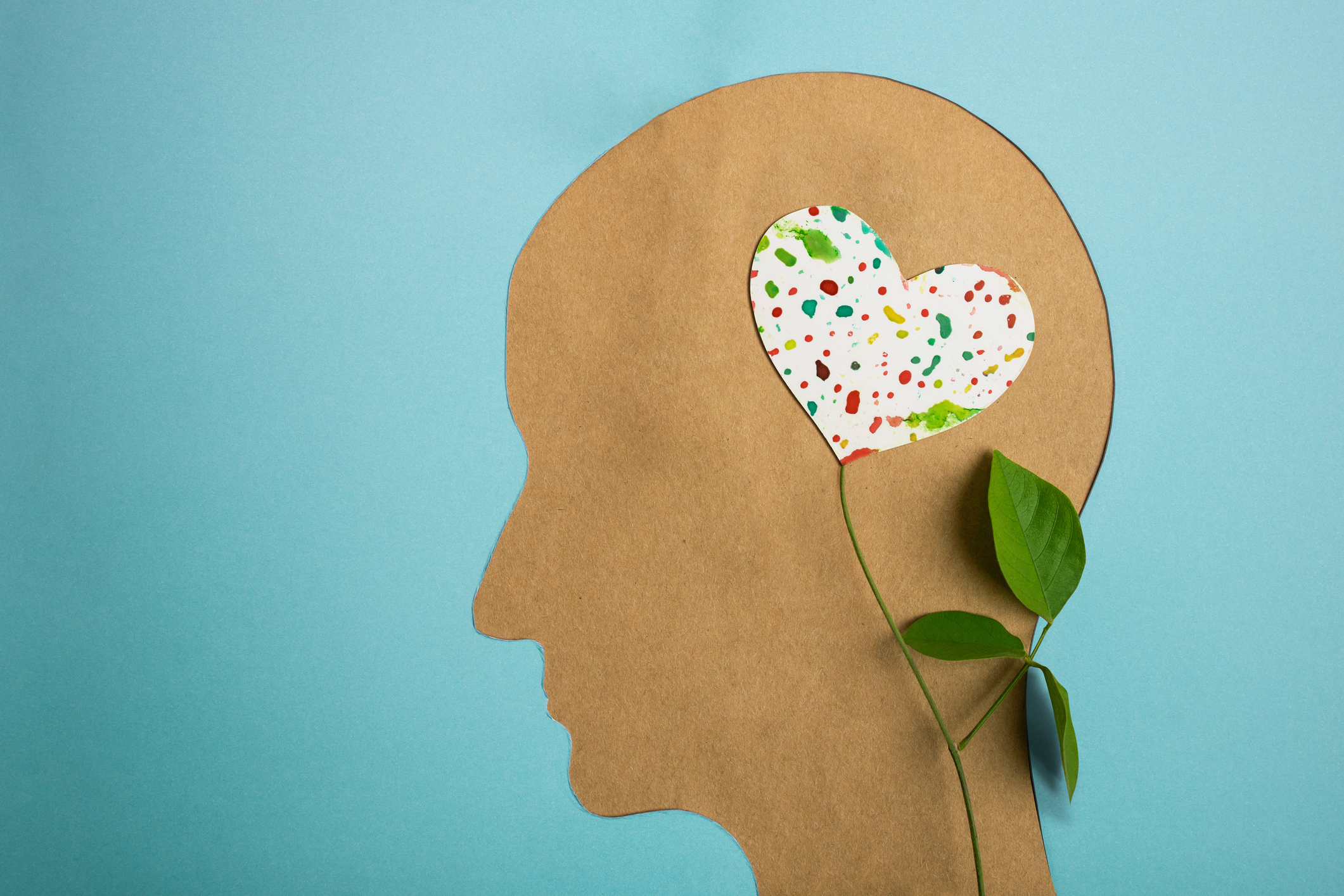Get Easy Health Digest™ in your inbox and don’t miss a thing when you subscribe today. Plus, get the free bonus report, Mother Nature’s Tips, Tricks and Remedies for Cholesterol, Blood Pressure & Blood Sugar as my way of saying welcome to the community!
This six-minute trick beats fasting for brain health

Even with the amount of research that’s been gone into high-intensity exercise over the last decade, the benefits of this popular style of exercise are only growing…
Researchers have shown high-intensity exercise influences everything from reducing late-life belly bulge to boosting testosterone and even warding off diabetic heart disease.
And if those benefits weren’t enough to get you to embrace high-intensity exercise, maybe the latest research from a team of scientists in New Zealand will do the trick…
According to their study, making your workouts shorter — but more intense — is the way to go if you want to save your brain from diseases like Alzheimer’s and Parkinson’s.
6 minutes to a better brain
The researchers specifically set out to determine how exercise and diet affect levels of a specialized protein in the body known as brain-derived neurotrophic factor or BDNF.
It’s a protein that promotes neuroplasticity or the ability of the brain to form new connections and pathways. The neurons in the hippocampus, the part of the brain responsible for memory and learning, depend on BDNF for their production, survival and protection.
In fact, BDNF, which can be measured in blood levels, has been found to encourage both the formation and storage of memories and boost cognitive performance — things we could all stand to improve as we age.
And it’s BDNF’s potential to protect the brain from cognitive decline that scientists are most interested in.
But, as much as they’ve discovered about BDNF’s role in keeping our brains youthful, they haven’t been able to discover a single pharmaceutical that can boost its levels.
However, two things have previously been shown to boost BDNF: exercise and fasting
So the team recruited 12 physically fit men and women to demonstrate which method, or combination of methods, may be most effective at improving BDNF levels:
- Fasting for 20 hours
- Light exercise (90-minute low-intensity cycling)
- High-intensity exercise (a six-minute bout of vigorous cycling)
- Combined fasting and exercise
Looking at that list, you might guess that exercising longer is the ticket. Or, since fasting is the darling of research into slowing the effects of aging, surely it would boost BDNF the most. But a combination of the two — surely the winner, right?
You’d be wrong on all accounts. In the head-to-head battle, just six minutes of intense cycling was the most efficient way to increase BDNF — for the big win.
Boost your BDNF four to five-fold
Exercising at an intense level caused an increase in BDNF four to five-fold higher than that achieved through either fasting or prolonged exercise.
And although the researchers haven’t yet nailed down exactly why that’s true, they believe it likely has to do with the way the exercise shifts the brain’s fuel sources away from glucose and increases the number of platelets in the body, which store large amounts of BDNF.
According to the researchers, these findings could mean that a simple six-minute exercise session at max levels could be the key to extending the lifespan of a healthy brain and delaying the onset of neurodegenerative disorders, like Alzheimer’s and Parkinson’s disease.
So if you want a better, healthier brain in just six minutes a day, it’s time to jump on the high-intensity exercise bandwagon.
If you don’t normally exercise ease into it. Gaining access to a gym for safe cycling is ideal. You can also try walking and moving up to fast walking, either on a track or treadmill.
Sources:
Six minutes of high-intensity exercise could delay the onset of Alzheimer’s disease — ScienceDaily














